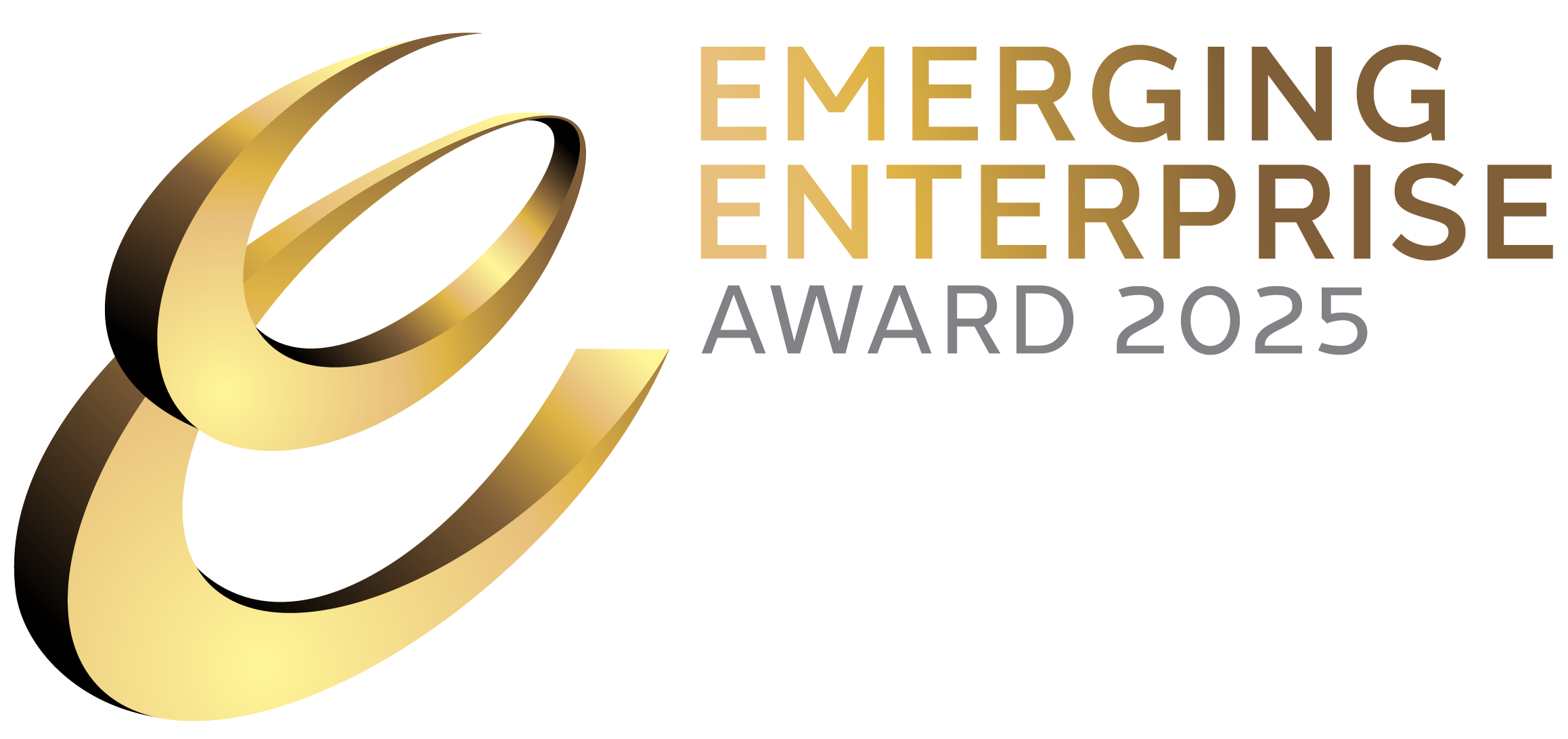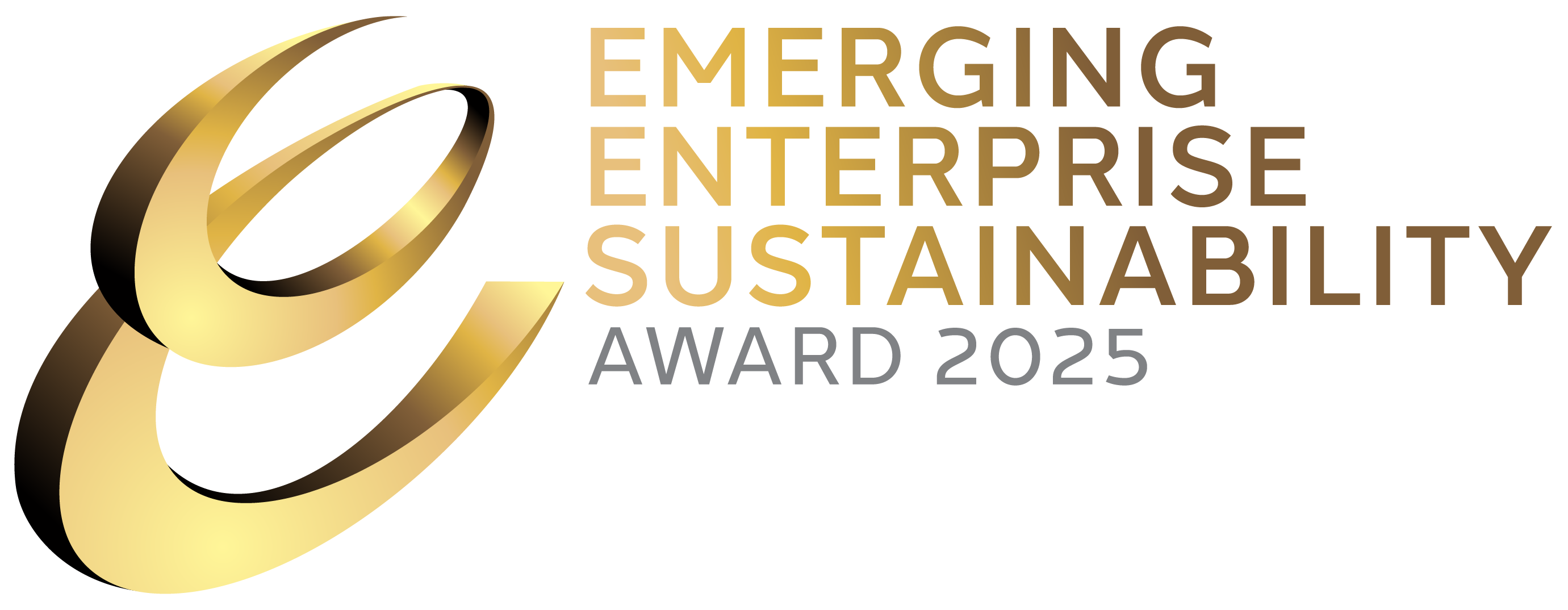WHEN patients stayed home during the Covid-19 pandemic, Speedoc brought healthcare to them instead. In early 2021, the telemedicine service provider launched its virtual hospital programme called H-Ward, which provides hospital-level care at home.
In earlier stages of the pandemic, patients were advised not to visit hospitals if possible, to keep beds free for the vulnerable. But as Speedoc chief executive officer and co-founder Dr Shravan Verma noted: "Even while telemedicine and video consultation providers exist (for basic services), (for) anything that was more complex or needed more review, they would have had to go to the hospital."
There was thus a need to provide high-level medical care at home, he said. "There has been a great deal of study and research to show that patients do fare better in this (virtual hospital) model."
Speedoc is able to manage conditions that traditionally required patients to be warded, such as pneumonia, cellulitis, dengue, heart failure, fluid overload and urinary tract infections. It can also provide home care for patients who need IV drips or IV antibiotics for a prolonged duration.
Speedoc's app covers basic services too: booking a home visit by a doctor or nurse, teleconsultation, medication delivery, supervised tele-antigen rapid tests (ARTs) for Covid-19, and ambulance booking. In June 2021, Speedoc was also awarded a home vaccination tender, allowing them to visit the homes of elderly and immobile patients to provide Covid-19 vaccination.
"The most rewarding thing about serving the country during Covid-19 was also being able to hire people from different industries," said Dr Verma. "We employed a lot of people from the travel and aviation sectors, (and) gig economy workers to do different jobs like swabbing or testing or admin. So they were very grateful as well that they could continue to sustain their livelihood and provide for their families."
The company now has about 200 staff across Singapore, Malaysia, Indonesia and Vietnam.
"We essentially built up our track record and capabilities in Singapore," said Dr Verma. After that, Speedoc expanded to Malaysia from 2019 onwards. "Initially, we were just in Kuala Lumpur and Klang Valley, but now we operate in Johor Baru, Malacca, Seremban, Ipoh and Penang as well."
Meanwhile, employees in Indonesia and Vietnam work on Speedoc's products and engineering. These software engineers and technology developers are crucial to building Speedoc's capabilities, as its decentralised operations rely heavily on technology, he added.
When monitoring patients remotely, data is sent to a cloud system that can be accessed by the company's clinical teams and hospital partners. Technology also improves Speedoc's dispatch capabilities, making this more efficient so that patients can be attended to faster, said Dr Verma.

Beyond the pandemic
Even without the pandemic, more people will need medical care, given the ageing population and increasing demand for hospitals, Dr Verma noted. "It's really whether the government (decides) or as a community we continue to keep on building more and more physical hospitals - or a model like ours, which enables any home to become a hospital bed whenever needed."
In the first half of 2022, Speedoc became one of the providers for Mobile Inpatient Care at Home or MIC@Home, an initiative under the Ministry of Health's Office for Healthcare Transformation. Under this project, 2,000 patients who require hospital care will be treated from home over a period of two years.
"Telemedicine can be divided into different things, (from) teleconsultation to... telecollaboration, telemonitoring, telesupport - and it's really when those are combined that it's (useful) not just for managing a pandemic or Covid-related conditions, but a whole other range of conditions for which patients have traditionally been hospitalised," said Dr Verma.
Speedoc has seen year-on-year growth of about 300 per cent, with this increase being more pronounced since the pandemic started, he said.
Through venture capital funding, the company has publicly raised some US$6.7 million since it started in 2017. Though it has no clear intentions for an initial public offering or private equity funding, it is open to those ideas, he added.
Speedoc plans to expand into a new market in South-east Asia by end-2022 or early 2023, and intends to venture into "many more" markets across this region within the next two years.
"Our focus is to really be able to build a very strong company with a very strong culture and capabilities in terms of quality and safety - to be able to run virtual hospitals across the region. And we're open to whatever mode would be the most appropriate for us to be able to do it in an even larger scale," said Dr Verma.






